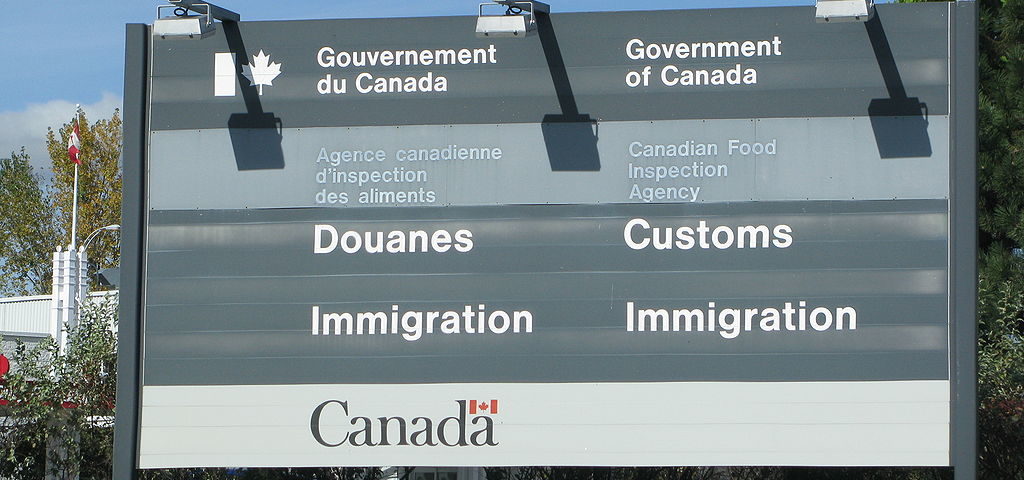Aside from causing a widespread global pandemic, CO-VID19 has had a great impact on the world’s current economy and the workers that fuel it. While many have found themselves at a pause in their career due to the current worldwide crisis, another portion of the population has found themselves without employment. Solely within the United States, according to the ABC News/Washington Post Poll, approximately a third (33%) of Americans have become unemployed, many of which will soon be in search of their next professional job during the current self-isolation/quarantine period.
Today, many professional positions require travel to different countries in order to visit international headquarters or attend trainings, conferences, and meetings abroad. According to Trondent, a software provider for global business travel, “Americans make more than 405 million long-distance business trips per year.” Among several destinations, Canada has become a notable location for business and tourist travelers, as nearly 15 million U.S. citizens have been recorded to travel to Canada solely within the year of 2019, according to Statistics Canada. It is clear that business trips between the U.S. and Canadian soil have become a vital factor for both nations’ economic activity and is becoming of increasing importance relative to previous years. Consequently, a person’s prospective value as a professional individual may rapidly become contingent on their ability to travel across borders – a factor that they must consider if they possess a criminal history and would need to travel to Canada.
In Canada, if one is considered to be criminally inadmissible – where they have committed a crime/multiple crimes outside of Canada, they may be stopped from entering the country. For those burdened by their inadmissibility, there exists a special authorization from Canadian immigration officials which would allow an inadmissible individual to cross the border, otherwise known as a Temporary Resident Permit. However, such an authorization remains temporary in nature and would require future re-application in the long-term, which may be less ideal for the frequent business traveler, as they might rather opt for a permanent solution – Criminal Rehabilitation. The Criminal Rehabilitation application process may serve to permanently clear an individual’s background, as the application entails a person’s request for absolution from the Government of Canada for a certain crime they may have committed in a foreign country. Upon successful completion of a Criminal Rehabilitation application, the individual’s criminal history will no longer burden their travels, as they will no longer be considered inadmissible.
Eligibility for the Criminal Rehabilitation application hinges on the following three criteria:
1. You must have committed an act outside of Canada that would constitute an offence under a Federal statute.
2. You must have been convicted of or admitted to committing the act.
3. Five years must have passed since the completion of sentence, including jail time, fines, and probation.
For more information regarding the Criminal Rehabilitation Application, please see here.
At FWCanada, we are happy to offer a free consultation to provide an honest assessment regarding any specific background and situation. As one of the leading immigration law firms in the country specializing in criminal inadmissibility, we have extensive experience in handling many different types of cases. Including those who are looking to apply for Criminal Rehabilitation in order to help increase their job prospects during the current pandemic.
In order to reach us please dial our toll-free number: 1.855.316.3555 for any questions that may arise.




